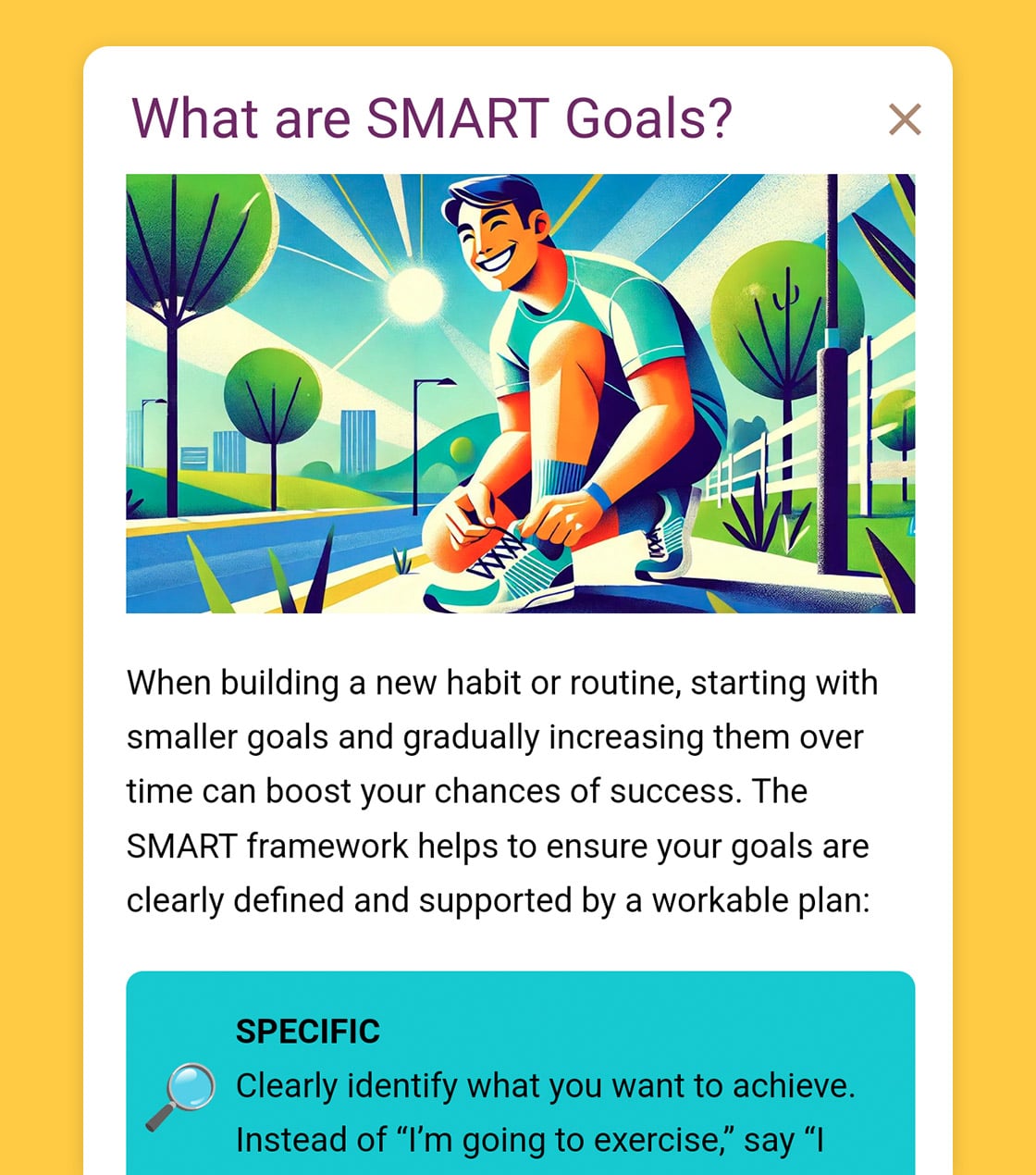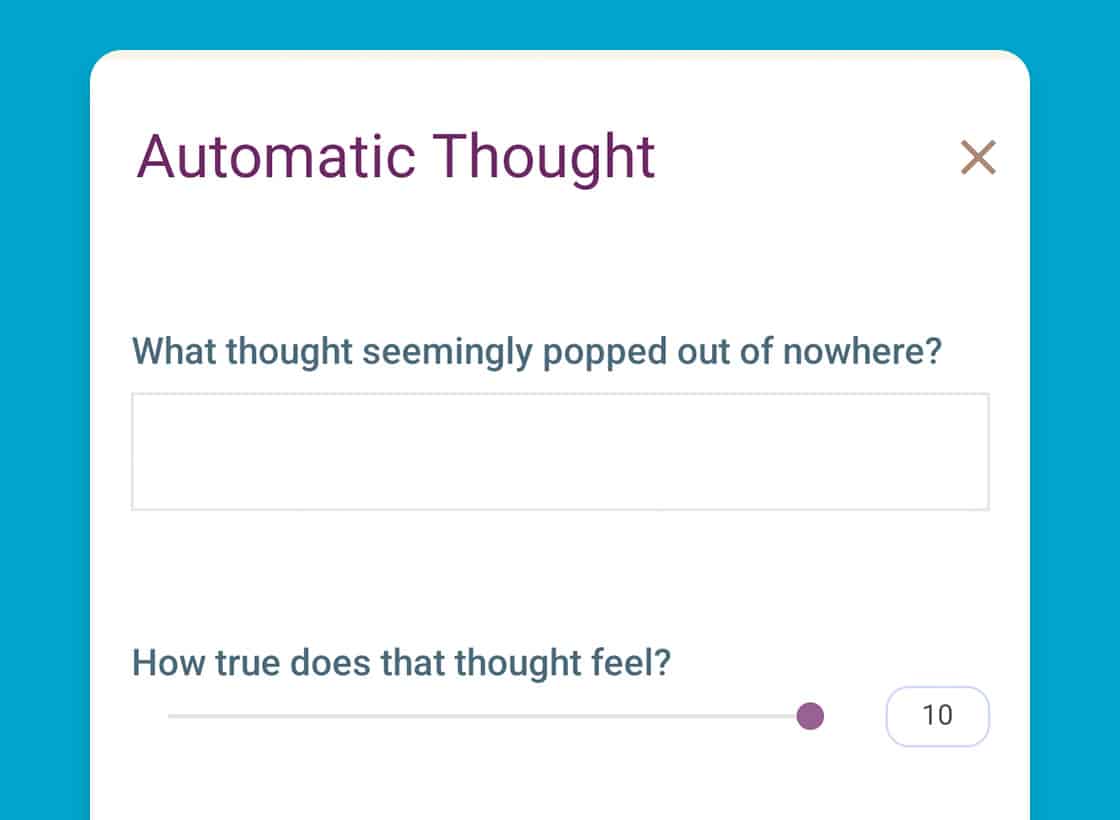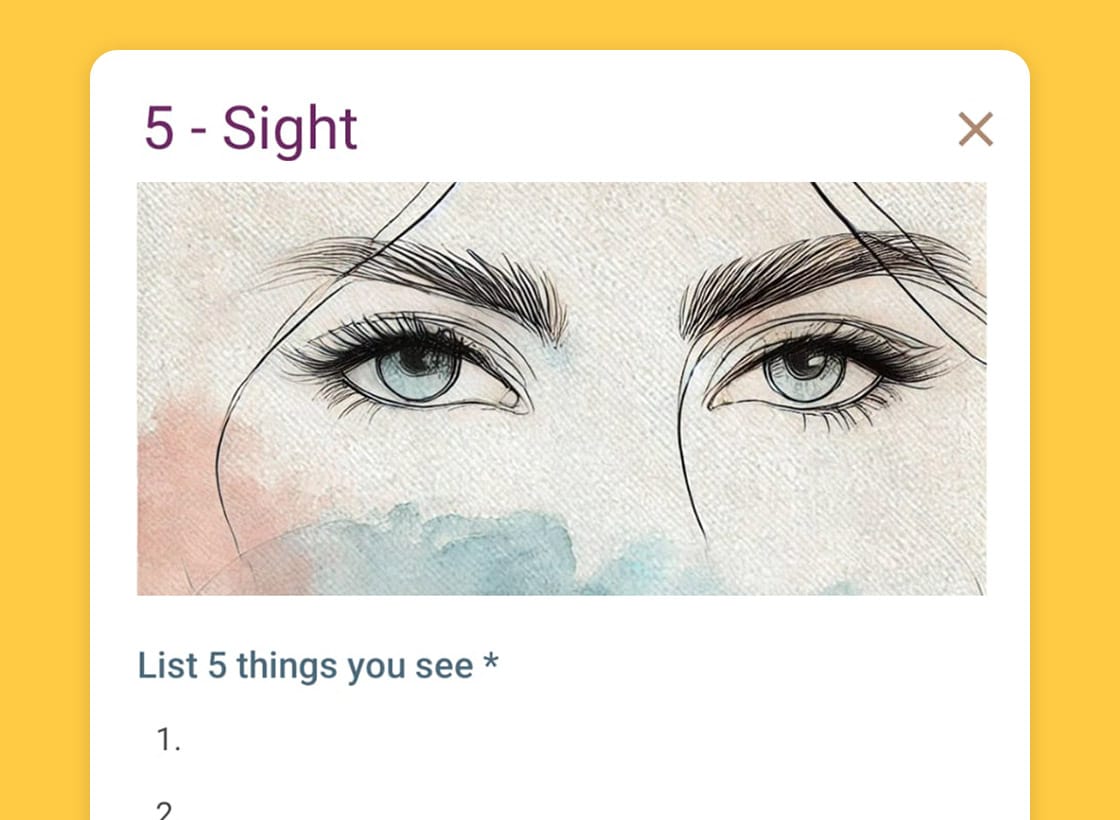What are SMART Goals?
Template by Reflective
Best for En Solution Focused Motivational Interviewing Interpersonal
This SMART Goals Infosheet is an essential tool for anyone eager to establish a strong foundation in personal development and mental well-being. By offering clear examples and practical tips, it empowers individuals to set specific, measurable, achievable, relevant, and time-bound objectives that align with their personal values. Whether you’re seeking to help patients and clients improve their daily habits, work toward a long-term dream, or enhance overall mental health, this handy guide will help them build the confidence and clarity needed to succeed. Therapists, coaches, and self-guided learners can all benefit from this streamlined resource designed to boost motivation and create meaningful change.

Share the What are SMART Goals? infosheet with your client
Share the What are SMART Goals? infosheet with your client using the Reflective app so they can read about it between sessions. Simply enter their email, and they’ll be able to read the handout from the convenience of their phone. Sign up for a Free trial!
How does Reflective work?
Share exercise with client via Reflective
Client receives email with app link and connection request
Client clicks link to download app
Client accepts your connection and exercises you shared
Client uses app to fill in exercises, gets reminders
Using the SMART Goals Infosheet as a Therapists
The SMART Goals Infosheet provides a concise overview of how to structure goals so that clients can easily understand and apply them. By breaking down each goal into Specific, Measurable, Achievable, Relevant, and Time-Bound components, the infosheet offers a clear roadmap that’s particularly useful in cognitive behavioral therapy (CBT) and other structured modalities such as dialectical behavior therapy (DBT) and acceptance and commitment therapy (ACT), Motivational Interviewing, and Solutions-Focused Therapy. This format can be especially beneficial for clients dealing with anxiety, depression, ADHD, and other disorders where disorganization or lack of direction can exacerbate symptoms.
Clients often feel overwhelmed when their aspirations remain vague or overly ambitious. The SMART framework emphasizes starting with small, realistic steps, which helps reduce anxiety and the potential for discouragement—vital considerations for those experiencing mood disorders or executive functioning challenges. Reviewing the infosheet allows you and your client to collaborate on adopting a realistic perspective that accommodates their strengths, values, and limitations.
Therapists can introduce this infosheet early in treatment when establishing therapy goals or whenever a client needs a “reset” on their objective-setting process. As clients begin to understand how goal clarity supports therapeutic progress, they develop greater motivation and buy-in. This enhanced focus empowers them to take more ownership of their personal development, whether they’re working on coping skills for generalized anxiety, building structure for ADHD symptoms, or fostering healthier habits to manage depressive feelings.


